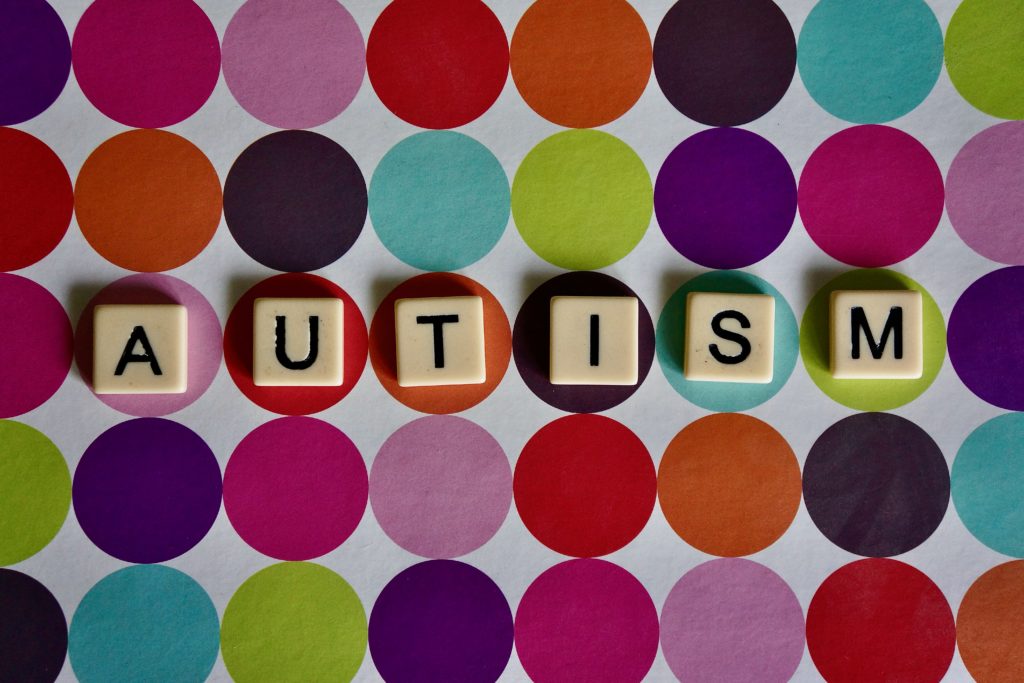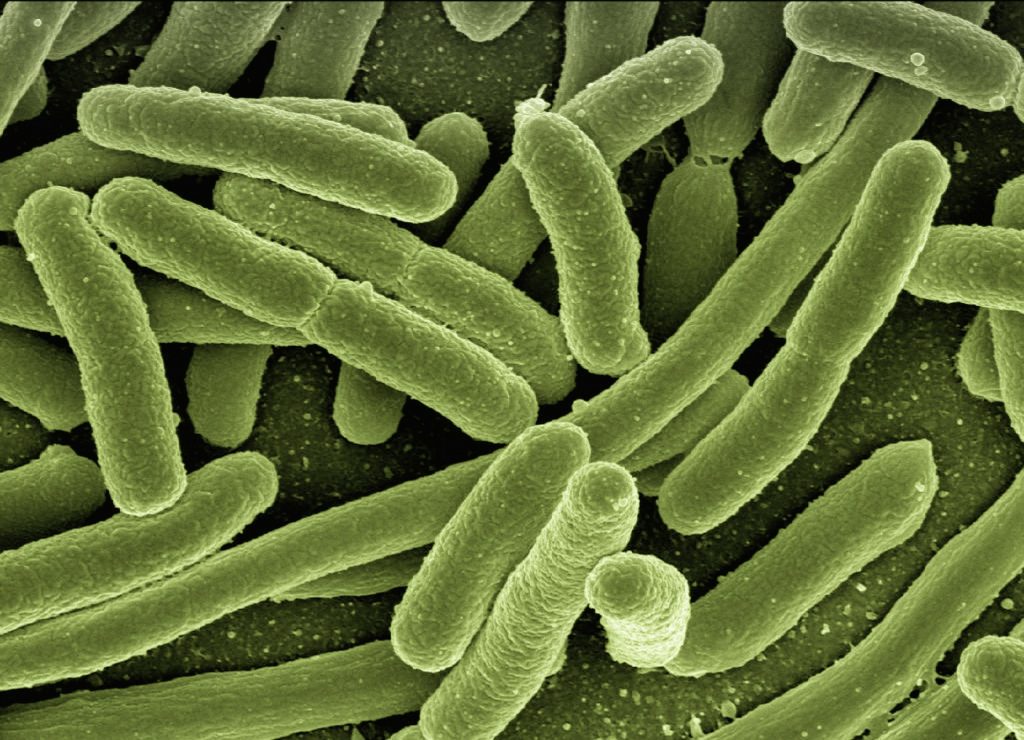Autism and the Gastrointestinal Tract

Autism is a developmental condition that is caused by a disruption in brain development. Due to this disruption, the brain processes information differently. This results in changes to behavior, social interactions and learning. Individuals with autism also commonly engage in repetitive activities. As a condition, autism encompasses a spectrum of severity, from those that may be unable to communicate and require significant assistance to others that can work and support themselves.
As research continues to explore the underlying causes, a relationship between the gastrointestinal system and autism has begun to emerge. It has been noted for years that individuals with autism often have gastrointestinal issues, including constipation, diarrhea, abdominal pain, and bloating (De Angelis 2013). These issues may be related to a variety of factors, including food allergies or sensitivities, inflammation, and imbalances in the gut microbiome.
The Microbiome in Autism
While the relationship between the gastrointestinal system and autism is not fully understood, abnormalities in the gut microbiome, the bacteria that live throughout the digestive tract, may play a role in the development of the condition (Kang 2013). Research has found that individuals with autism often have imbalances in their gut microbiome, with lower levels of beneficial bacteria and higher levels of harmful or pathogenic bacteria.
While different evaluations have led to somewhat different conclusions (Andreo-Martinez 2022), a recent overall analysis of the research concluded that children with autism have higher levels of several genera of bacteria, including Bacteroides, Clostridium, Faecalibacterium, Parabacteroides and Phascolarctobacterium and lower levels of Bifidobacterium and Coprococcus (Iglesias-Vazquez 2020).
Clostridium Bacteria, Antibiotics and Autism
Studies on excess Clostridium bacteria raise significant concerns: a recent analysis demonstrated an interrelation between Clostridium colonization of the gut and autism (Argou-Cardozo 2018). Other research suggests that excess Clostridium bacteria may be the cause of gastrointestinal symptoms in autistic individuals (Alshammari 2020). Tentative data even suggests that Clostridium bacteria produce a brain-toxic metabolite, shown to be elevated in individuals with autism, that may contribute to the symptoms of the condition (Vasquez 2017). Reports of improvements in autistic symptoms with antibiotics suggest that bacteria play a role in some cases of the condition (Sandler 2000, Ramirez 2013, Rodakis 2015).
While improvements with antibiotic treatment are interesting, it’s worth noting that evidence also suggests that antibiotic exposure during pregnancy contributes to autism risk (Lee 2019). It’s possible that early antibiotic exposure may be a contributing factor to the disruptions seen in the microbiome of autistic children.
Gastrointestinal Inflammation
Furthermore, studies suggest that autism is associated with high levels of inflammation (Siniscalco 2018). Around 70-80% of the immune system is located along the gastrointestinal tract. Gastrointestinal problems, common in children with autism, appear to contribute to this inflammation, including reduced digestive enzymatic function, increased intestinal permeability (leaky gut) and gut microbiota changes (Krigsman 2021).
When present, this gut-induced Inflammation can affect the brain, causing disruptions in normal brain development. These changes, in some cases, may lay the foundation for the development of autism (Eshraghi 2021).
Treatments for Addressing the Gut Microbiome
Probiotics, Prebiotics and Synbiotics

There are a number of treatments that are used when trying to address problems with the gut microbiome, including probiotics, prebiotics, synbiotics and fecal transplants. Synbiotics are the combination of probiotic bacteria with prebiotics, substances known to feed probiotic bacteria. Prebiotics are typically different types of fiber. A recent meta-analysis concluded that probiotic organisms alone were not effective, but prebiotics and synbiotics were helpful for some behavioral symptoms (Tan 2021).
Fecal Transplants
There are two small clinical trials on fecal transplants and autism (Kang 2017, Li 2021). Fecal transplants are the process of taking stool from a healthy donor and administering it to a patient through a feeding tube, capsules or via enema. The goal is to replace the microbiome with healthier bacteria, improving overall health.
Both studies reported significant short-term improvements in autistic symptoms. Additionally, a follow-up study at two years after treatment found that symptoms continued to improve over time. On average, overall symptoms were reduced by almost 50% (Kang 2019). While more research is needed, if similar studies can produce similar benefits, it strongly implies that disruptions in the gut microbiome are a significant factor in driving autistic symptoms.
Conclusion
From the published data, it appears that the gastrointestinal tract and the gut microbiome play a significant role in autism. Therapies addressing the microbiome appear to have a place in treatment, with preliminary evidence suggesting benefits with prebiotics and synbiotics. Initial data also suggests possible long-term improvements with fecal transplants. With more research, hopefully we can find additional therapies that can help normalize the gastrointestinal microbiome in autistic children, reducing overall symptoms and improving outcomes.



